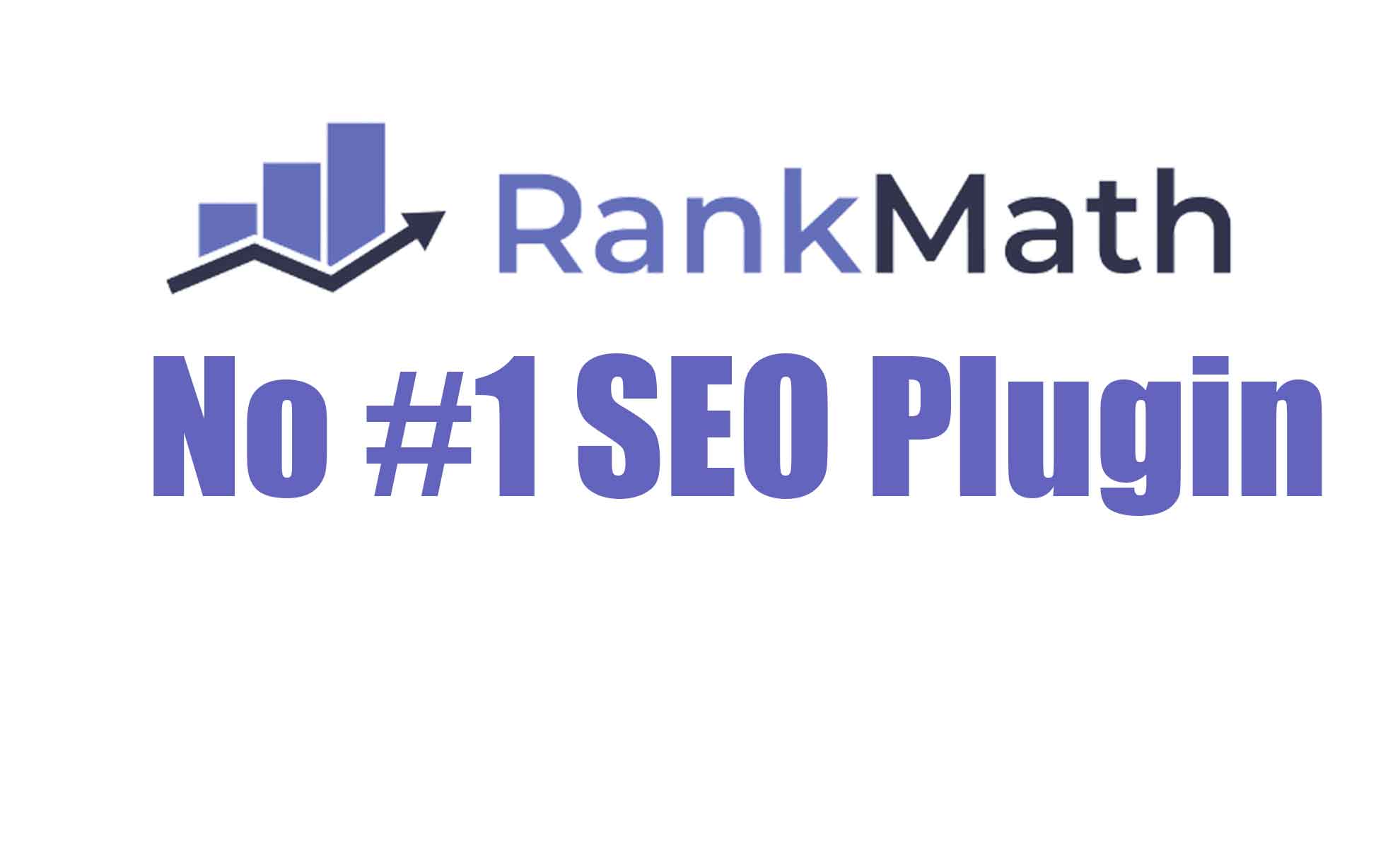
Differentiate between on-page and off-page SEO.
Differentiate between on-page and off-page SEO.

Howdy, Stranger!
It looks like you're new here. If you want to get involved, click one of these buttons!
Quick Links
Categories
- 7.2K All Categories
- 98 Announcements
- 1.5K General Talks
- 1K Shared Hosting Offers
- 251 Reseller Hosting Offers
- 2.6K VPS Hosting Offers
- 240 Cloud Hosting Offers
- 1.1K Dedicated Server Offers
- 13 Hybrid Server Offers
- 3 Colocation Offers
- 40 Domain Name Offers
- 4 Hosted Email Offers
- 79 Search Engine Optimization
- 275 Other Hosting Offers
- 45 Tutorials
- 54 Black Friday and Cyber Monday and Celebration Offers
In this Discussion







Comments
On-Page SEO involves the strategic enhancements made directly on your website's pages, encompassing content and HTML elements. This includes activities such as meticulous keyword research and placement, refining meta tags, optimizing header tags, improving image quality, and enhancing the overall content quality. The primary objective of On-Page SEO is to elevate the relevance and user-friendliness of your website's content and structure, ultimately making it more attractive to search engines and human visitors alike.
Off-Page SEO, on the other hand, concentrates on external activities beyond your website's boundaries. Its main purpose is to bolster your website's authority, credibility, and reputation in the vast online landscape. This is achieved through various techniques such as cultivating high-quality backlinks from other reputable websites, implementing effective social media marketing strategies, engaging in influencer outreach, and managing your online reputation. Off-Page SEO provides search engines with insights into your website's trustworthiness and authority by considering how external entities, including other websites and users, perceive and interact with your site.
In essence, while On-Page SEO revolves around fine-tuning your site's internal components, Off-Page SEO focuses on external factors that collectively contribute to your website's overall visibility and authority in the competitive realm of search engine rankings. The harmonious integration of both is crucial for a successful and comprehensive SEO strategy.
SEO Off page techniques